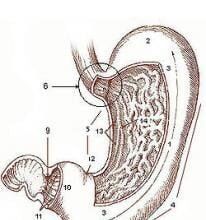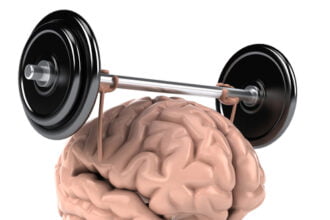It takes an average of nine years for a rare disease patient to get an accurate diagnosis, according to the National Organization for Rare Disorders. That amount of time can be very frustrating for many patients and their families.
It takes an average of nine years for a rare disease patient to get an accurate diagnosis, according to the National Organization for Rare Disorders. That amount of time can be very frustrating for many patients and their families.
 That may change, thanks to a new search engine, FindZebra.com, dedicated to the diagnosis of rare diseases. Unlike popular search engines like Google and Bing, FindZebra’s algorithm only curates rare disease information available from authoritative specialized resources. This is different from Google and Bing, which search the entire web using algorithms based on a variety of other factors, sometimes delivering results with little relevancy.
That may change, thanks to a new search engine, FindZebra.com, dedicated to the diagnosis of rare diseases. Unlike popular search engines like Google and Bing, FindZebra’s algorithm only curates rare disease information available from authoritative specialized resources. This is different from Google and Bing, which search the entire web using algorithms based on a variety of other factors, sometimes delivering results with little relevancy.
FindZebra has had a lot of success in getting easy-to-find accurate information compared to typical search engines, according to a study in the International Journal of Medical Informatics. This type of information can lead to more cures of these rare diseases and, ultimately, more lives saved.






